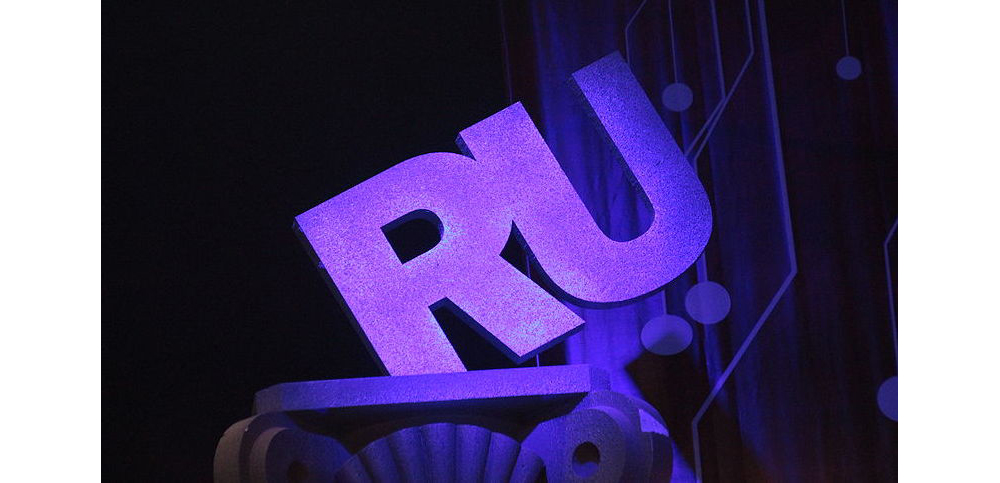Russia wanted its own Internet as early as 2017, and now China is developing its own version of the Internet. It won’t be compatible with today’s world’s standards.
In addition to national security threats to all countries, a side question arises: Should countries with free media outlets report news rebuttals by government officials from dictatorial nations like China and Russia? After all, how accurate, honest, and fair, can those rebuttals be when an independent, free media doesn’t exist there to assess the veracity of those claims?
Who would trust the Kremlin with an Internet under its direct control? After all, the Russians have already been known to engage in hacking governments, think tanks, universities, and private companies in order to steal IP, interfere with elections, and discredit low-profile dissidents. (Those with high profiles are simply poisoned.)
Most of the hacking is done by Russian groups APT29, which is affiliated with GRU (Russian military intelligence), and Turla, which has been linked with FSB (the successor of the KGB).
As for China, Cai Xia, a former professor at China’s elite Central Party (CCP) School, reported that, “The CCP is using epidemic prevention as an excuse to increase high-tech surveillance of people. They can imprison you for any little thing.” She added: [China’s president Jinping] Xi has made the world an enemy.”
As mentioned above, Russia announced plans to develop its own Internet in 2017, and in December, began testing what it calls Runet. It also began lobbying the BRICS nations (Brazil, Russia, India, China, and South Africa) to adopt it.
The Chinese Internet version, called “New IP,” has been developed jointly by Huawei, Futurewi, China Mobile, China Unicom, and China Telecom, all Telcos controlled by the Chinese government.
According to the Internet Engineering Task Force (IETF), China’s New IP is duplicating the work already done by the Internet Society (an American nonprofit organization that provides leadership in Internet-related standards). In addition, the European Commission, IETF, and RIPE (the regional Internet registry for Europe, West Asia, and the former USSR) all agree that the New IP is a way for China to censor domestic communications and to crush websites when it wants to. In addition, it allows China to prevent new software and technology from entering the system without government approval.
Currently, Chinese Internet traffic is centralized through the “three Cs” — China Mobile, China Unicom, and China Telecom. China also uses its Great Firewall to block access to sites like Google, Facebook, and Twitter. It requires companies to store data within the country, as well.
Implied in both the Russian and Chinese push for their own IPs is that, from the experience that the countries have garnered from hacking Western democracies, both Russia and China are well aware of the weaknesses of the Internet and that both Runet and New IP offer more protection from domestic and international interferences.











Leave A Comment